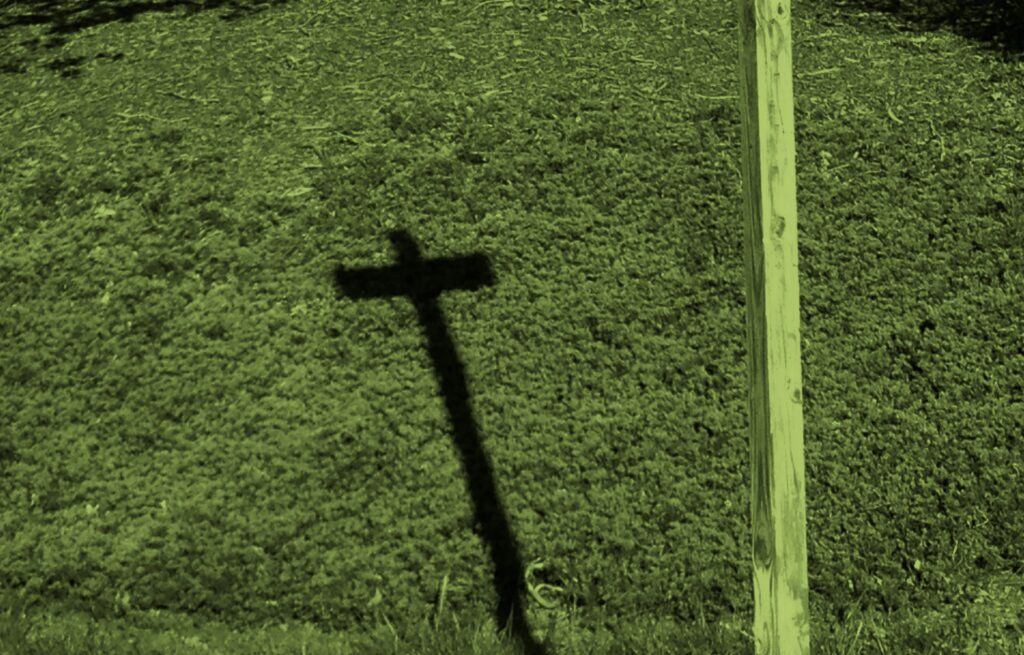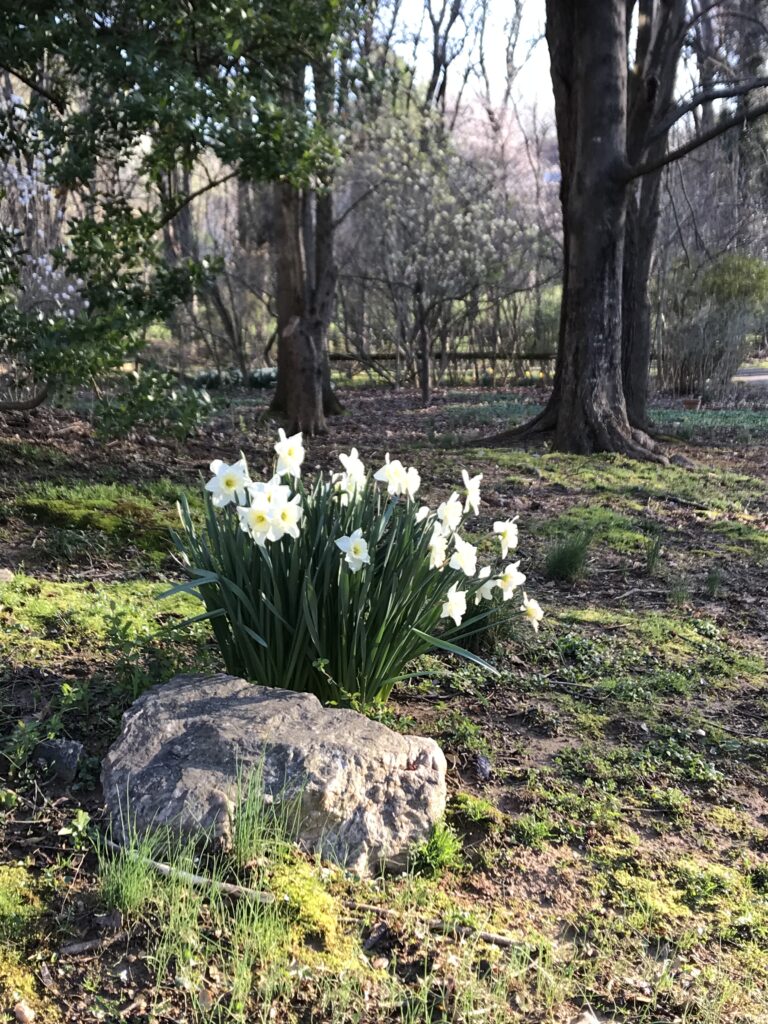“It is finished!” And he bowed his head and released his spirit.
The Gospel of John (19: 30) records these final dying words of Jesus, spoken from the cross. A quick reading might prompt one to hear this utterance as the sad lament of defeated man. Not so fast, though. The Gospel writers Matthew (27:50) and Mark (15:37) don’t report Jesus’s last words. They tell us only that he “shouted out again” or “cried out again in a loud voice” before breathing his last. If we use all three accounts as evidence, what the Son of God likely said was a single word evoking not loss, but satisfactory completion. He spoke in Aramaic, but the original Greek of John’s gospel translates it as “tetelestai.”
This word would have been familiar in several contexts to the people of first-century Palestine. Having completed the last task of the day, a worker might tell his boss, “Tetelestai.” An artist, putting the final touch on a painting, might use the same word. A debt paid in full would be stamped “Tetelestai.” For Jews, the word would have been the Greek equivalent of a familiar Hebrew phrase announced by the High Priest each year on the Day of Atonement. After offering the proper sacrificial animals at the altar of the Holy of Holies at the Temple in Jerusalem, the priest emerged to tell the assembled crowd that God had accepted the sacrifice of the people.*
Jesus’s final cry before dying was therefore no whimper of pained surrender. Instead it was an exclamation of triumph.** The various frames of reference for “tetelestai” mentioned above are all helpful in understanding Jesus’s use of the word and what his death means for us. His earthly work is done, the masterpiece completed, the debt paid, the perfect sacrifice offered and accepted. In other words, “Mission Accomplished!”
Three of the Gospels include an often overlooked, but immensely significant detail that stands as proof of the change ushered in by Christ’s death. According to Mark 15: 38: “And the curtain in the sanctuary of the Temple was torn in two, from top to bottom.” This was the curtain in the Temple of Jerusalem which separated the Holy Place from the Most Holy Place. This sacred space housed the Ark of the Covenant, considered by the Jewish people to be the very throne of God. Only priests could enter the Holy place. The High Priest alone entered into that sanctified inner realm, the Holy of Holies, and then, only once a year, on that holiest of all days, The Day of Atonement, or Yom Kippur.
Although sometimes referred to as a veil, the Temple curtain was no delicate, gauzy thing that might have ripped easily in a gusty wind. It was a heavy, brocaded cloth, woven with images of protective angels. Only an intentional act of great force could have caused the Temple curtain to be torn fully asunder. Both Matthew and Mark tell us that it was divided from top to bottom, as though from on high. Human hands had no part in this. This was God’s work.
Having destroyed the barrier to the Holy of Holies, God invites his people to approach him directly. Middlemen are no longer needed. The ultimate gift of atonement invites us to be “at one” with God. Having willingly offered his own life for our sins, Jesus and his father tell us that animal sacrifices are a thing of the past. The perfect Lamb of God has paid our debt in full. We are redeemed. Tetelestai!
This is what Jesus referred to earlier at the Last Supper, when he took the cup and told his disciples, “This is my blood of the new covenant, poured out for you and for many for the forgiveness of sins. “(Matthew 26:28) We, and all generations before and after us, are among the many. It was on this same night that Jesus reduced the entirety of his message to this one essential commandment: “Love each other. Just as I have loved you, you should love each other.” (John 13: 34) See yesterday’s Maundy Thursday post.
So, what then is required of us in these days of the New Covenant? It’s simple. Accept the gift that was given to us in love by our brother and savior Jesus. Admit our shortcomings and try to do better. Focus less on ourselves and more on others. Get back to basics: “Do justice, love mercy, and walk humbly with your God.” (Micah 6:8) Think about that. We have a God who truly desires to walk with us. He wants to walk the road with us, to share in our sufferings as well as in our joys. And if we’re willing to walk with God day by day, in good times and in bad, loving him, loving our neighbor as we love ourselves, we usher in his kingdom here on earth, as it is in heaven.
The Temple curtain has been torn. No barrier remains between us and our loving, faithful God. Tetelestai!
For I am sure that neither death, nor life, nor angels, nor principalities, nor things present, nor things to come, nor powers, nor height, nor depth, nor anything else in all creation, will be able to separate us from the love of God in Christ Jesus our Lord. (Romans 8: 38-39)
*Michael Maynard discusses the various meanings of “tetelestai” here: It is Finished. . .The Last Words of Jesus, June 25, 2017.
** See Final Words from the Cross, by Adam Hamilton, pp. 103-104. Our church’s Lenten study (on Zoom) has focused on this insightful book.




Thank you for this thoughtful and informative article, and for sharing the link. Not being a student of the early languages, I was unaware of this concept and translation. I always enjoy reading your posts.